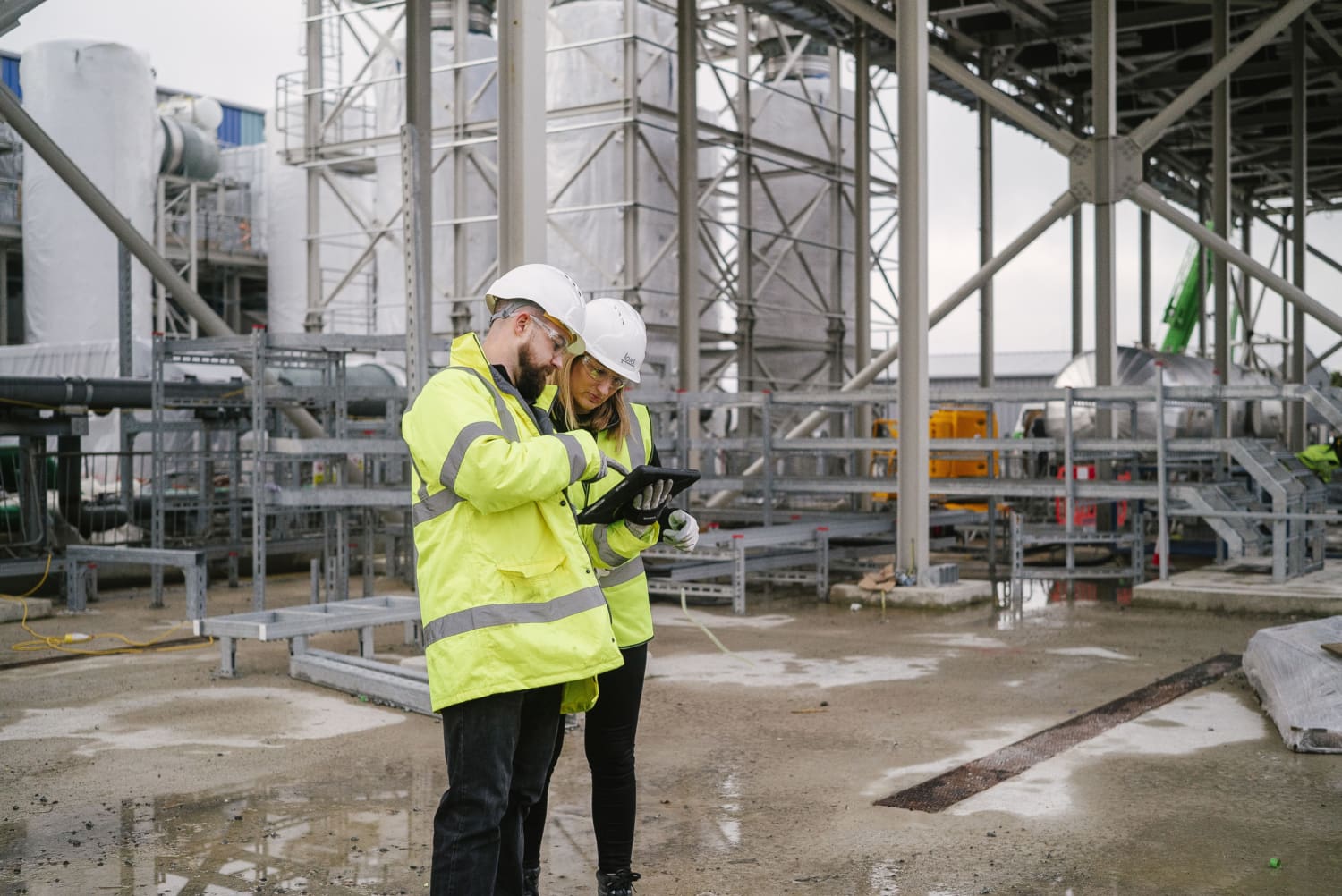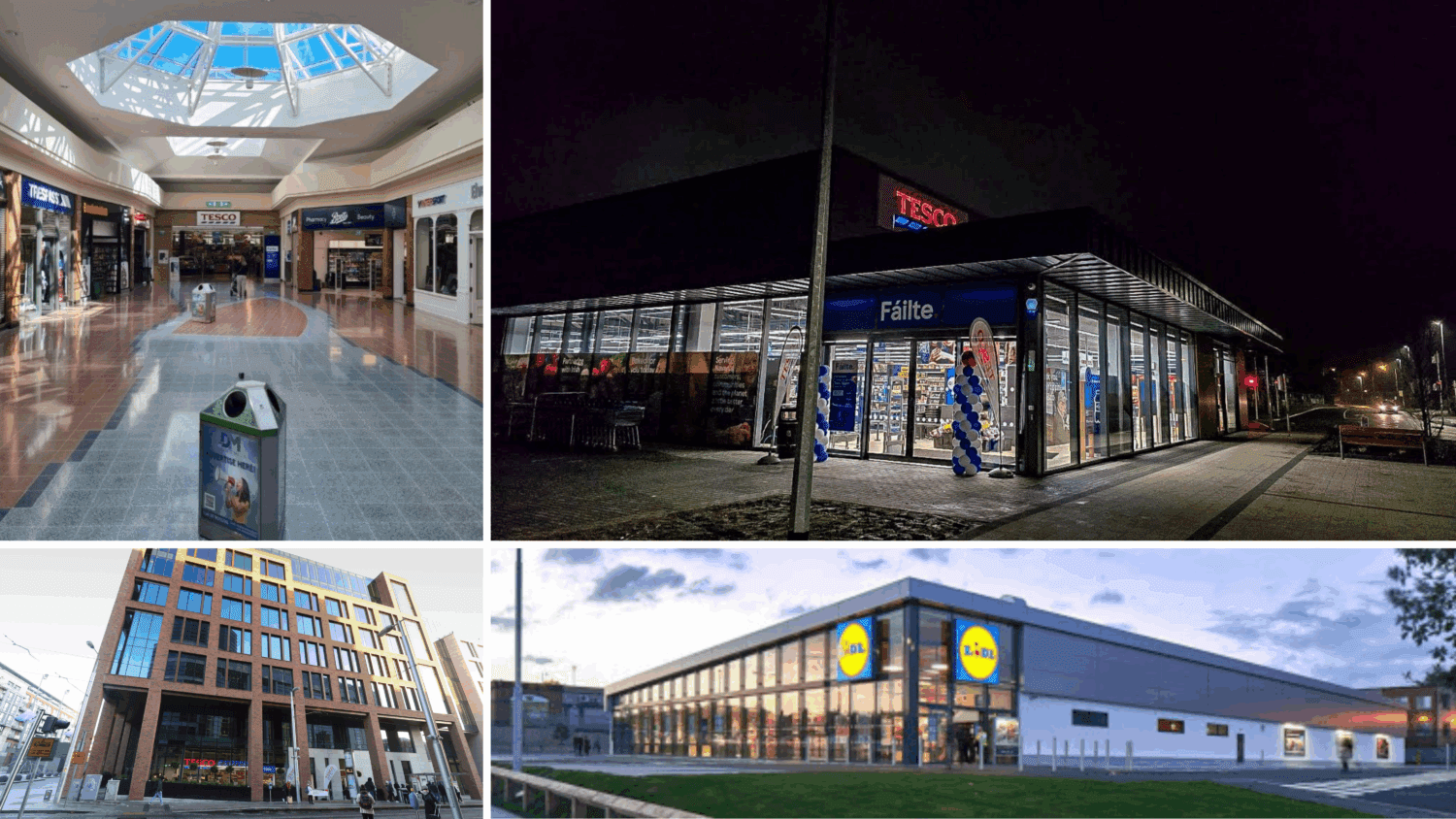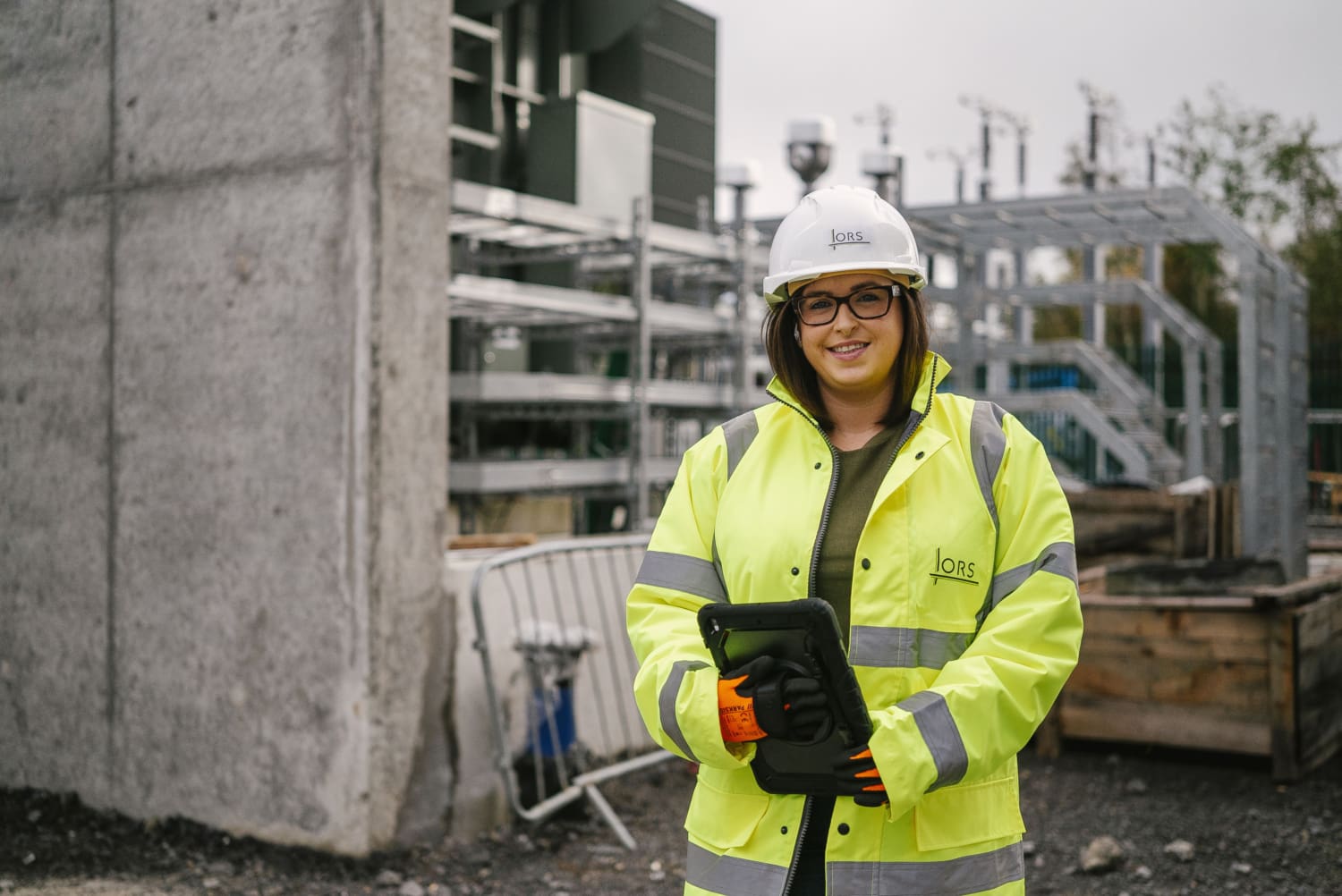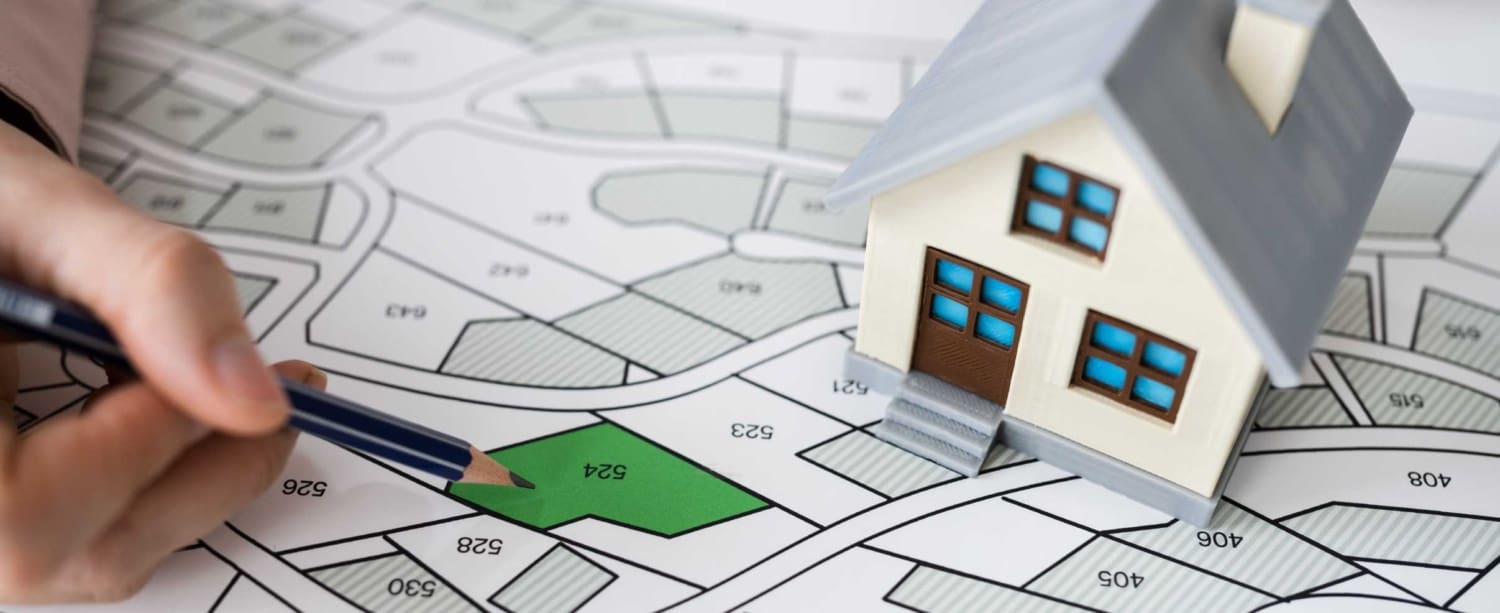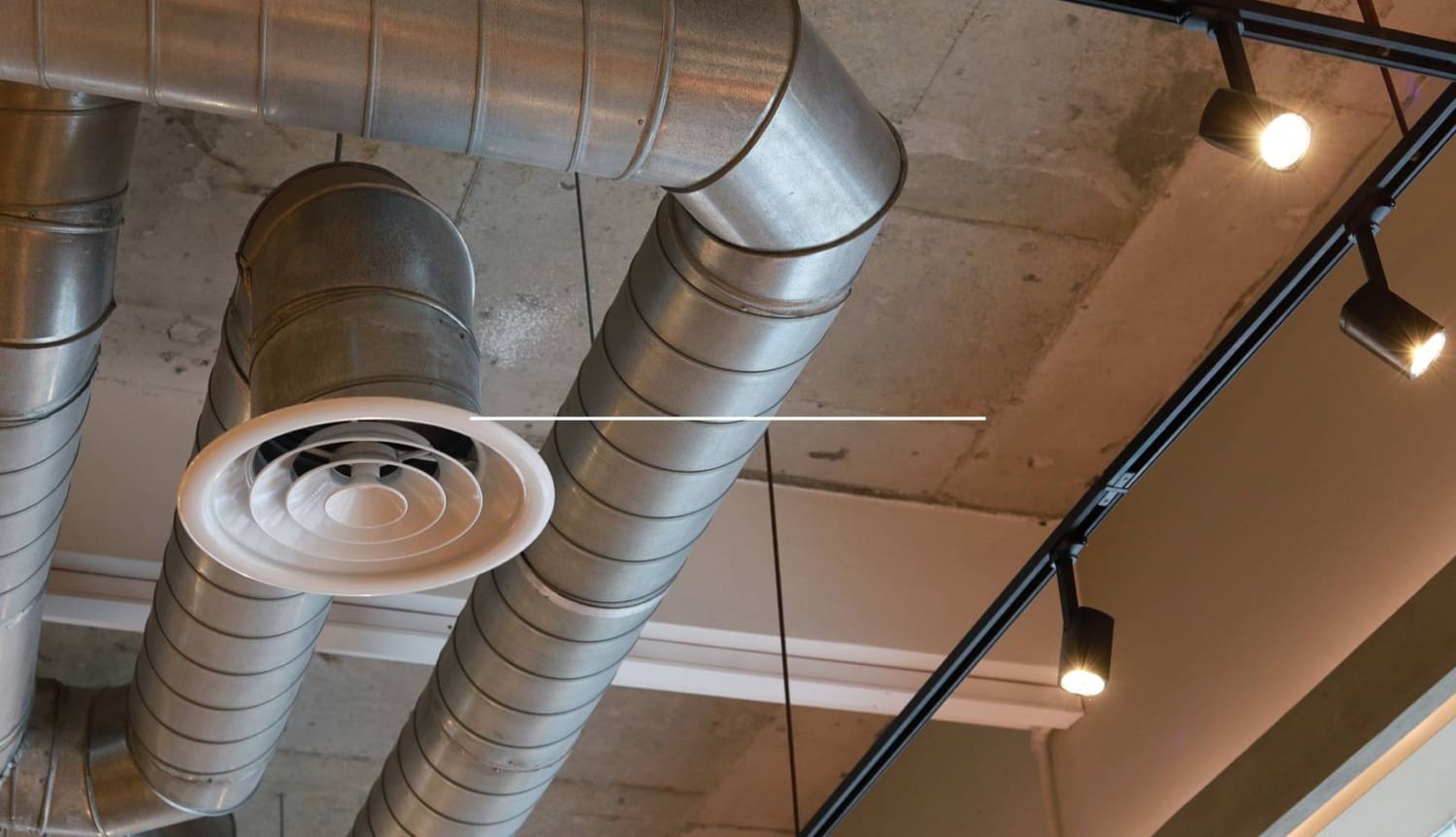Independent testing and technical due diligence (TDD) are essential tools for delivering high-quality construction and making informed property investment decisions. These third-party services help reduce risk, ensure compliance, and support smarter, data-driven decision-making throughout the property lifecycle — from design and build through to long-term asset management. Whether you’re acquiring, leasing, financing, or maintaining property
Read More
Retail Fit Outs Made Easy with ORS Looking for a seamless retail fit out experience? At ORS, we simplify the entire process—from the first planning stage to the grand opening of your retail space. Our multidisciplinary team delivers expert, end-to-end retail fit out services across Ireland, combining quality, compliance, and efficiency at every stage. With
Read More
Technical Due Diligence: Minimising Risk & Maximising Investments At ORS, we go beyond regulatory compliance to provide comprehensive Technical Advisory, Project Monitoring, and Technical Due Diligence services. Why is Technical Due Diligence Essential? Technical Due Diligence (TDD) is becoming an industry standard in real estate investment. Whether you’re building a new asset or purchasing/selling an
Read More
The ORS Multidisciplinary Engineering Services Approach to Residential Developments Delivering residential developments in Ireland presents a range of complex challenges for residential developers. These challenges are driven by a combination of regulatory, financial and infrastructural factors. Strict planning regulations and lengthy approval processes can significantly delay project timelines, while evolving environmental and sustainability standards add
Read More
Phased construction In the construction industry, certain projects are built across multiple phases. Phased construction involves breaking a project down into several smaller projects, or phases, and each phase may be completed and handed over to the client before the overall Project is completed. It is often a preferred approach for multi unit residential developments,
Read More
Phased construction In the construction industry, certain projects are built across multiple phases. Phased construction involves breaking a project down into several smaller projects, or phases, and each phase may be completed and handed over to the client before the overall project is completed. It is often a preferred approach for multi unit residential developments,
Read More
As Assigned Certifiers for some of the largest residential developers in Ireland, ORS takes on a crucial role in ensuring compliance with Building Control regulations. We act as the eyes and ears for Building Control, collating all relevant certificates from the Design Team members, sub-contractors, and specialists. This includes installation of and commissioning certificates, as
Read More
There has been a shift in urban construction from traditional horizontal to vertical buildings. Design and compliance of the mechanism to travel within these buildings is not as straight forward as one might think. The passenger lift, central to the functionality of the building, can cause an obstacle to meeting completion deadlines of the entire
Read More
What is Part M (2010)? In 2010, the Technical Guidance document Part M ‘Access and Use’ was published. Part M (2010) provides guidance on best building practices for adequate access and use of a building and its environs. Part M (2010) also ensures that buildings are designed to be accessible for people of all ranges
Read More

